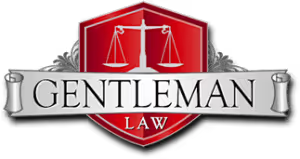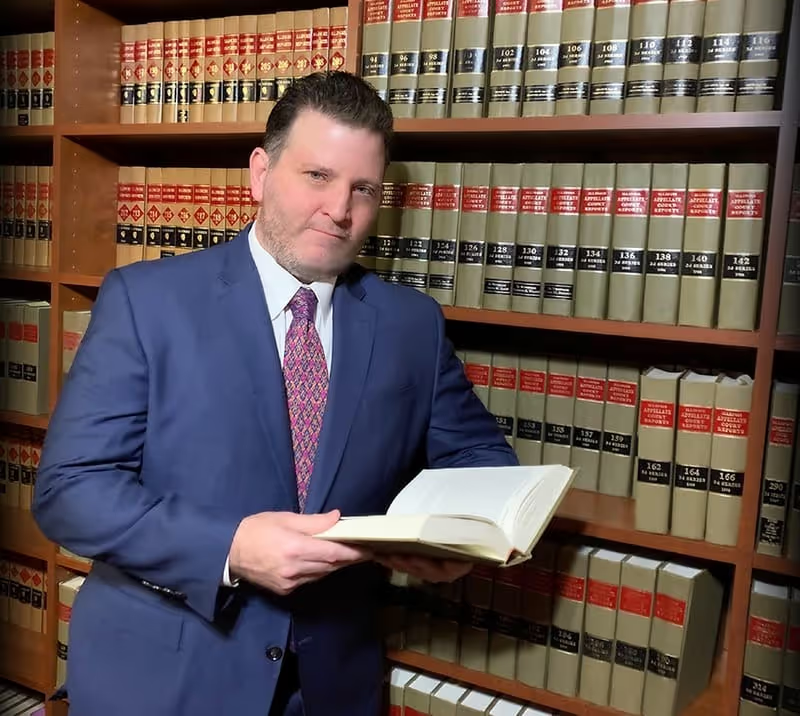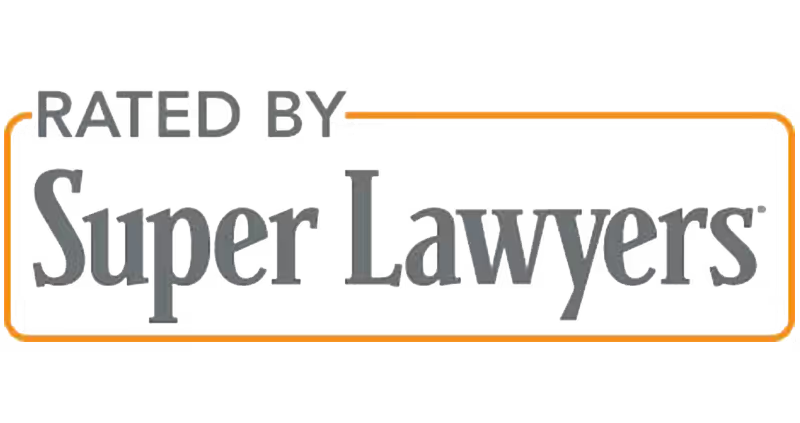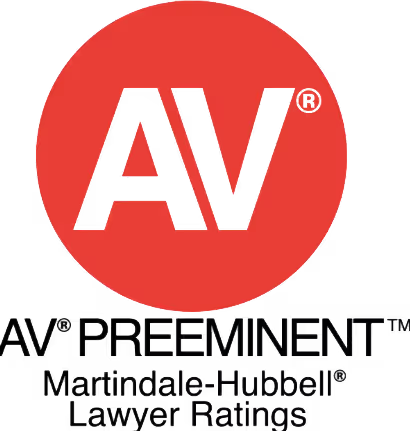Commercial Litigation
For more than 25 years, I have represented hundreds of clients in all types of commercial litigation. I have asserted claims as plaintiff or counter-plaintiff in diverse business disputes. I DO NOT represent large corporations, manufacturers, insurance companies, or banks, and I will NEVER represent them. I became an attorney to help real people and small businesses, which is what I've done throughout my career.
Clients often ask me numerous questions about commercial litigation, which I'll address here:
What Is Commercial Litigation?
Commercial litigation is a specialized area of law addressing disputes within the business world. It provides a formal mechanism for businesses and individuals to resolve disagreements through the legal system. This field covers a spectrum of business disputes, from contract conflicts to shareholder disagreements.
Commercial litigation differs from traditional civil litigation because it involves business entities and specialized issues. These cases often involve higher costs due to extensive discovery and expert involvement. Cook County has even created a special Commercial Calendar with six judges who exclusively handle commercial cases.
Types of Commercial Litigation Disputes
Contract Disputes
Conflicts arising when one party fails to fulfill contractual obligations. These disputes can involve claims for damages, specific performance, or injunctions. Learn more about contracts and breach of contract elsewhere on my website.
Partnership Disputes
Partnerships, dating back to 1383 in Europe, are business structures where two or more individuals share profits and losses. Partners contribute money, property, labor, or skill, typically sharing management responsibilities.
Key points about partnerships:
- No written agreement required (though advisable)
- Courts can find partnerships based on conduct
- All partners liable for other partners' actions
- Governed by Illinois Uniform Partnership Act (805 ILCS 206/100 et seq.)
- Profit-sharing creates presumption of partnership (805 ILCS 206/202(c)(3))
Shareholder Disputes
Corporations are legal entities created by individuals and authorized by states to operate for profit. With over 2,000 years of history, corporations are treated as single persons under law, able to contract, sue, or be sued.
Shareholder disputes involve:
- Conflicts about business operations or profit distribution
- Violations of shareholder agreements or bylaws
- Financial mismanagement or misuse of funds
- Family business complications
- Derivative actions (shareholders suing on behalf of corporation)
Illinois corporations are governed by the Illinois Business Corporation Act of 1983 (805 ILCS 5/1.01 et seq.), which provides a consistent framework for incorporation, management fairness, and shareholder protection.
Limited Liability Company (LLC) Disputes
LLCs combine corporate asset protection with partnership tax benefits. Created by Wyoming in 1977, LLCs provide:
- Limited liability protection for members
- Separate legal entity status
- Fewer regulatory requirements than corporations
- Flexible tax treatment options
Illinois LLCs are governed by the Illinois Limited Liability Act (805 ILCS 180/1-1 et seq.).
Business Torts
Business torts are wrongful acts harming business entities through interference, misrepresentation, or unfair practices. These go beyond contractual disagreements to civil wrongs causing broader harm.
Tortious Interference with Contract requires proving:
- Valid, enforceable contract existed
- Defendant knew of contract
- Defendant intentionally induced breach
- Defendant's conduct caused breach
- Plaintiff suffered damages
Intentional Interference with Business Expectancy involves:
- Reasonable expectancy of business relationship
- Defendant's knowledge of expectancy
- Defendant's interference preventing realization
- Actual damages to plaintiff
Intellectual Property Disputes
These conflicts involve infringement, misappropriation, or wrongful use of protected intellectual property:
Patent Disputes: Unauthorized use, making, or selling patented inventions
Trademark Disputes: Use of logos, names, or slogans resembling registered marks, including:
- Customer confusion risks
- Brand dilution claims
- Cybersquatting
Copyright Disputes: Unauthorized use of creative works, including:
- Piracy (illegal downloading/streaming)
- Plagiarism
- Fair use disagreements
Trade Secret Disputes: Misuse of confidential business information, including:
- Employee theft of data
- Corporate espionage
- Violation of non-disclosure agreements
Domain Name/Internet Disputes: Conflicts over online identity, including:
- Cybersquatting
- Handle squatting on social media
- Misleading online behavior
Class Action Claims
Class actions allow groups experiencing similar injuries to file collective lawsuits. Requirements for certification include:
- Numerosity: Group too large for individual joinder (typically 40+ members)
- Commonality: Common questions of law/fact
- Typicality: Lead plaintiff's claims typical of class
- Adequacy: Fair representation of class interests
Employment/Wrongful Termination
Wrongful termination occurs when employees are fired for illegal reasons:
Federal Protections:
- Title VII Civil Rights Act (42 U.S.C. 2000e): Prohibits discrimination based on race, color, religion, sex, national origin
- Sarbanes-Oxley Act (18 U.S.C. 1514A): Protects whistleblowers reporting fraud, SEC violations
Illinois Protections:
- Tort of retaliatory discharge (Kelsey v. Motorola, Palmateer v. International Harvester)
- Two theories: "clear mandate" and "citizen crime-fighter"
- Illinois Whistleblower Act (740 ILCS 174/): Provides reinstatement, double back pay, litigation costs
Securities Claims
Legal assertions by investors/shareholders alleging:
- Misrepresentation or fraud
- Securities law violations
- Breach of fiduciary duty
Governed by Securities Act of 1933, requiring financial disclosure and prohibiting fraud in securities sales.
Consumer Fraud Actions
Illinois Consumer Fraud and Deceptive Practices Act (815 ILCS 505/1 et seq.) protects against:
- Deceptive business practices
- False promises/misrepresentation
- Unfair competition methods
Benefits include:
- Easier proof than common law fraud
- No need to prove knowing falsity or reliance
- Recovery of actual/punitive damages, attorney fees
Commercial Real Estate Disputes
These involve:
- Purchase/sale transactions
- Lease conflicts
- Construction disputes
- Zoning/land use issues
- Title defects
- Landlord-tenant disagreements
- Foreclosures
- Environmental issues
Product Liability
Holds manufacturers/distributors accountable for defective products causing harm:
Design Defects: Inherently dangerous product designs
Manufacturing Defects: Poor materials or workmanship differing from intended design
Failure to Warn: Inadequate warnings about inherent dangers
Warranty Claims:
- Express warranty breach
- Implied warranty of merchantability
- Implied warranty of fitness for purpose
To establish product liability, prove:
- Product was defective
- Product used as intended
- Defect caused harm
Important Notice: If you believe you have any commercial litigation claim, contact an attorney immediately due to time limitations. For a free consultation, contact me via email with a description of your situation. If I cannot help, I'll assist in finding appropriate representation.





